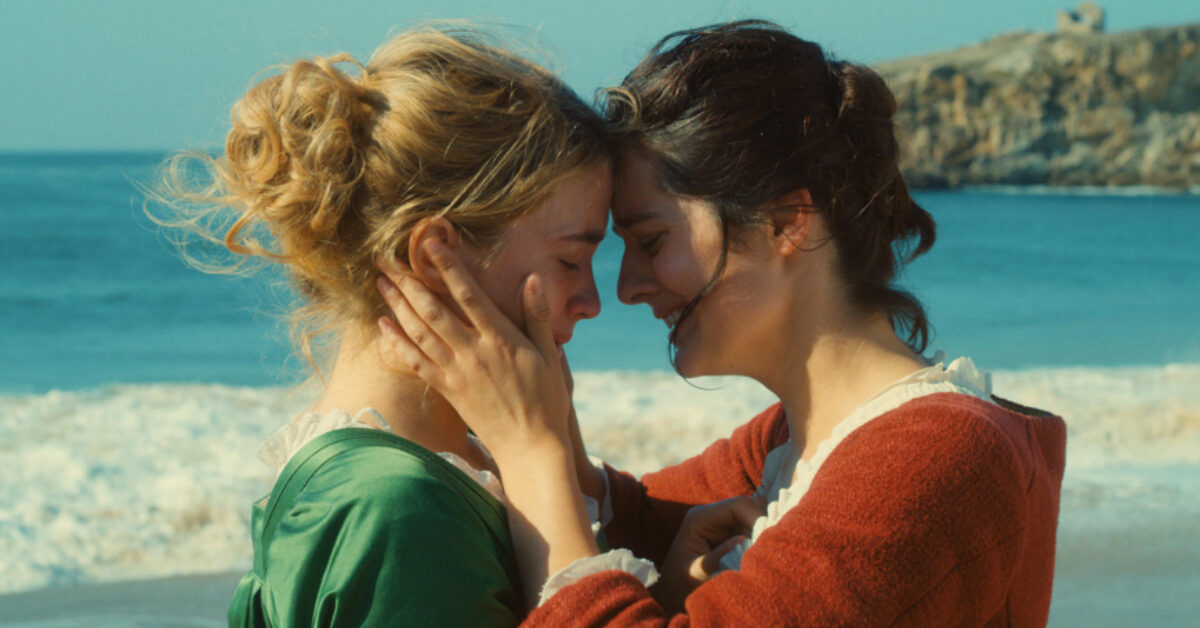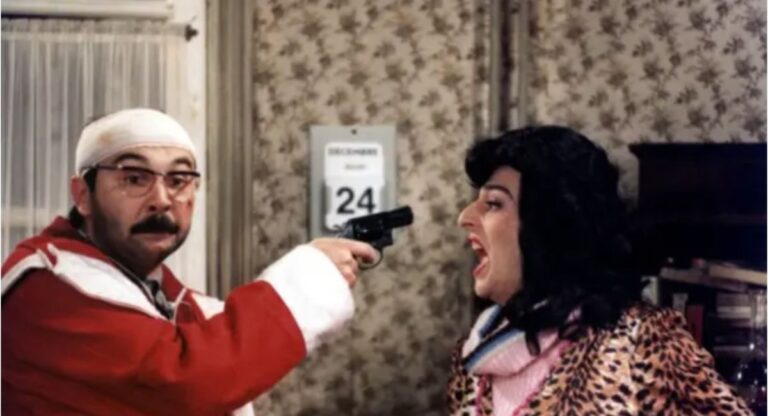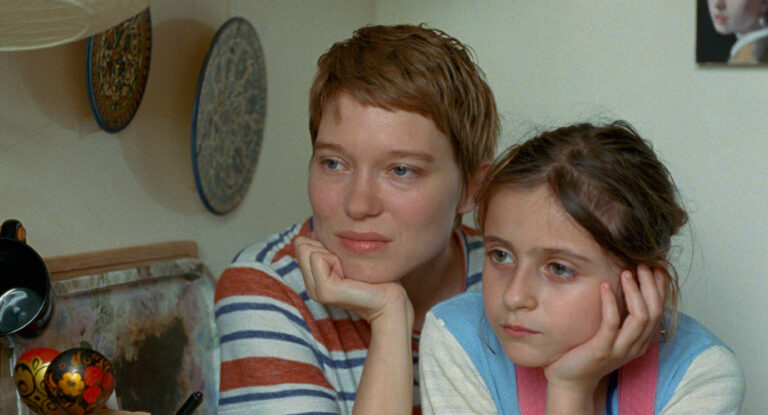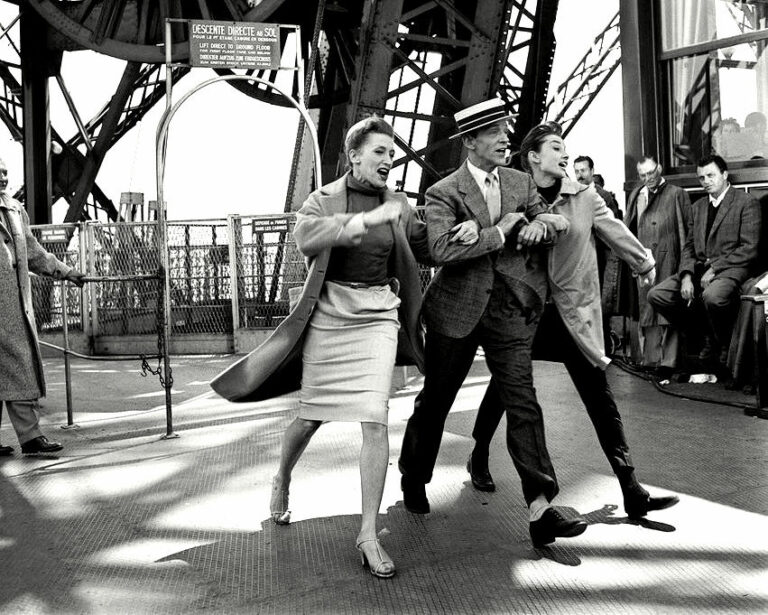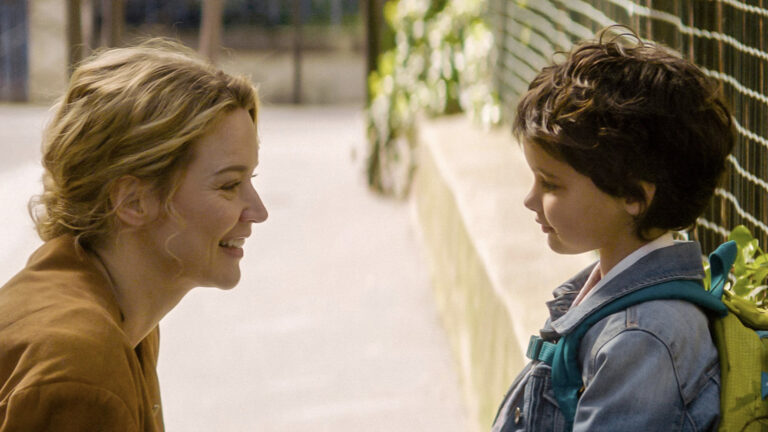A friend and I were recently walking down 42nd Street in New York and he jokingly commented on the store windows displaying various rainbow decor and limited-time queer collections, that will, for the most part, be gone when the clock strikes twelve on July 1st. This phenomena that some have titled ‘pink washing’ fails to center our gaze on what Pride really is—a time of celebration rooted in the struggle for the rights and liberation of the LGBTQ+ community. In fact, at its core, Pride Month is a commemoration of the Stonewall Riots and all the LGBTQ+ rights movements that have ensued. So, in honor of queer life, love, and agency, here are 7 films from the francophone queer community to stream now and whenever.
120 BPM (2017)
120 BPM (also known as just BPM) is a French film directed by Robin Campillo. This film is rooted in the historical LGBTQ+ activism of the 1980s-late 1990s in Paris. The film centers various fictional members of the LGBTQ+ community, as they experience the AIDS epidemic and join ACT UP—an international grassroots HIV/AIDS activism group that was founded in the U.S. in 1987 before moving to a number of other countries, including Paris, France in 1989. 120 BPM is unapologetic in its portrayal of healthcare advocacy, civil rights discrimination, and all the facets of queer life. Will Nutland, who was a member of ACT UP Paris stated, “This [film] feels like someone has grabbed me and pulled me back.”
Mathias & Maxime (2019)
Mathias & Maxime is a Canadian film written and directed by Québecois filmmaker Xavier Dolan (known also for J’ai Tué Ma Mére, Juste à la Fin Du Monde, Tom à la Ferme and more). The film explores the pressures and layers inherent to gay masculinity and intimacy, whilst flipping the notorious saying “boys will boys” on its head. Dolan’s reputation for thought-provoking cinematography follows him with this film as the protagonists grow and reveal themselves in an undefined yet undeniable love.
Tomboy (2011)
Tomboy is a film written and directed by Céline Sciamma. The story follows Laure, a young child who recently moved to suburban Paris with their family where Laure begins exploring their gender identity amongst the largely gender conforming children in their community. The film is both intimate and innocent, and Sciamma’s directorial style sensitively renders the process of discovering one’s gender identity in a largely binary environment.
Beau Travail (1999)
Beau Travail is an essential French film directed by Claire Denis and renowned for its groundbreaking cinematography. Set in Djibouti amidst the Azur waters, this sensual film is subtle yet provoking and reveals the complex dynamics between themes of the military, masculinity, honor, and colonial legacy.
Portrait of a Lady on Fire (2019)
Céline Sciamma returns to this list for her internationally acclaimed film, Portrait of a Lady on Fire. An intimate period drama, the film follows two women in 1770—Héloïse, a weary bride-to-be who has recently left the convent, and Marianne, a young woman commissioned to paint a portrait of Héloïse without her knowing. This historical drama explores a slow-burning romance to the soft sounds of flickering candles in a picturesque Brittany castle.
Les Garçons et Guillaume à Table / Me Myself and Mum (2013)
Les Garçons et Guillaume à Table is a French comedy written, directed, and starring Guillaume Gallienne. Gallienne’s film is an autobiographical chronicle of his coming-of-age. The film takes on a mother-son relationship with hilarity while also exploring the spectrum of sexuality in contrast to societal expectations. Les Garçons et Guillaume à Table won 5 César Awards including Best Film and Best First Feature Film.
Lola Vers la Mer / Lola and the Sea
Lola Vers la Mer (also known by the eponymous title Lola) is a French film directed by Laurent Micheli. The film follows Lola, a young transgender woman whose plans to undergo gender-affirming surgery are thwarted by the death of her mother. In honor of her mother’s last wishes, Lola and her estranged father go on a road trip to the North Sea on the Belgian Coast. Throughout the film, Micheli uses the road trip setting to depict everything from intersectional identity and grief to transphobia and familial relationships.
Charlinda Banks is a rising Junior at Brown University studying International and Public Affairs & Literary Arts. She is currently an intern at Frenchly, and she is passionate about all things francophone and creative writing.

